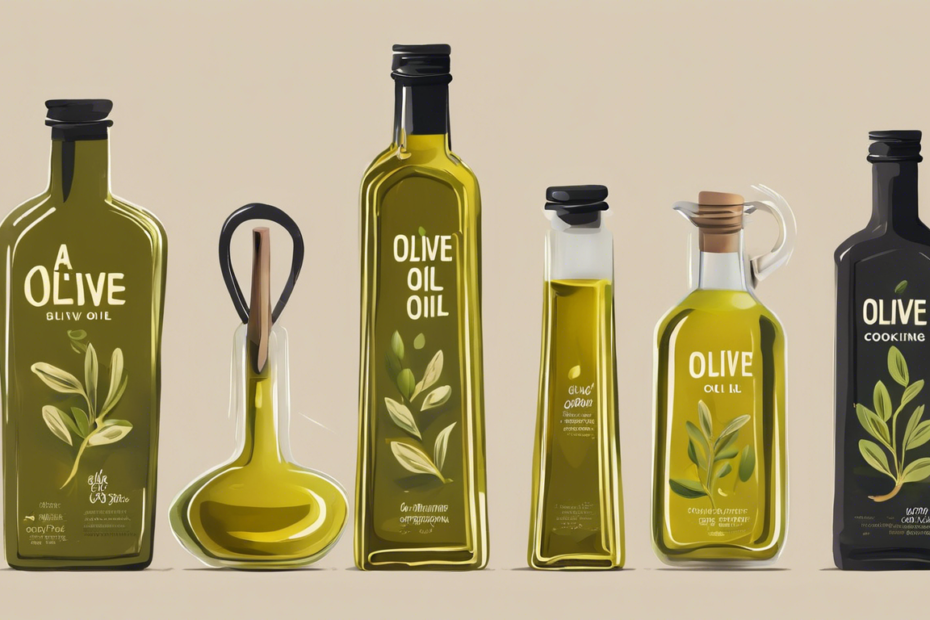When it comes to cooking, the type of olive oil you choose can elevate your dishes to new heights.
But with so many varieties available, how do you know which one is right for your culinary adventures?
In this flavorful guide, we’ll explore the different types of olive oil for cooking, helping you select the perfect oil for any technique.
Plus, we’ll dive into the health benefits and unique flavor profiles that each type brings to the table.
Let’s unlock the secrets of olive oil and sprinkle some deliciousness into your kitchen!
Health Benefits and Flavor Profiles of Various Olive Oils
When it comes to cooking with olive oil, not all types are created equal, and exploring their health benefits and flavor profiles can be quite an adventure for your palate!
Extra virgin olive oil, the cream of the crop, is packed with antioxidants and healthy fats, making it a go-to for drizzling over salads or finishing a dish.
Its rich, fruity flavor can elevate your meals, bringing a touch of Mediterranean magic to everything from roasted veggies to grilled fish.
On the other hand, virgin olive oil, while slightly milder, still offers a lovely depth of taste and is great for sautéing without overpowering your ingredients.
Pure olive oil, often more affordable and suitable for high-heat cooking, provides a neutral flavor that works wonders in frying or baking.
There are also specialty oils infused with herbs or spices, which can add a unique twist to your culinary creations.
So whether you’re looking to enhance your health or simply amp up your dishes, choosing the right type of olive oil for cooking is a flavorful journey worth exploring!
Frequently Asked Questions
What are the main types of olive oil used for cooking?
The main types of olive oil for cooking are extra virgin olive oil, virgin olive oil, refined olive oil, and pure olive oil.
Extra virgin is the highest quality, ideal for dressings and drizzling, while refined olive oil is more suited for high-heat cooking.
How should I choose the right olive oil for different cooking techniques?
For sautéing or frying, go for light or refined olive oil due to its high smoke point.
Extra virgin is perfect for low-heat cooking, dressings, and finishing dishes to enhance flavor.
Are there any health benefits to using olive oil in cooking?
Yes, olive oil, particularly extra virgin, is rich in healthy monounsaturated fats, antioxidants, and anti-inflammatory compounds, making it a healthier choice than many other cooking oils.
How does the flavor profile of olive oil vary among the different types?
Extra virgin olive oil has a rich, robust flavor with fruity or peppery notes, while light or refined olive oils have a milder taste, making them versatile for various dishes without overpowering the flavors.
Can I use any type of olive oil for frying?
While you can use olive oil for frying, it’s best to stick with refined olive oil or light olive oil for frying at higher temperatures to prevent burning or bitterness.
